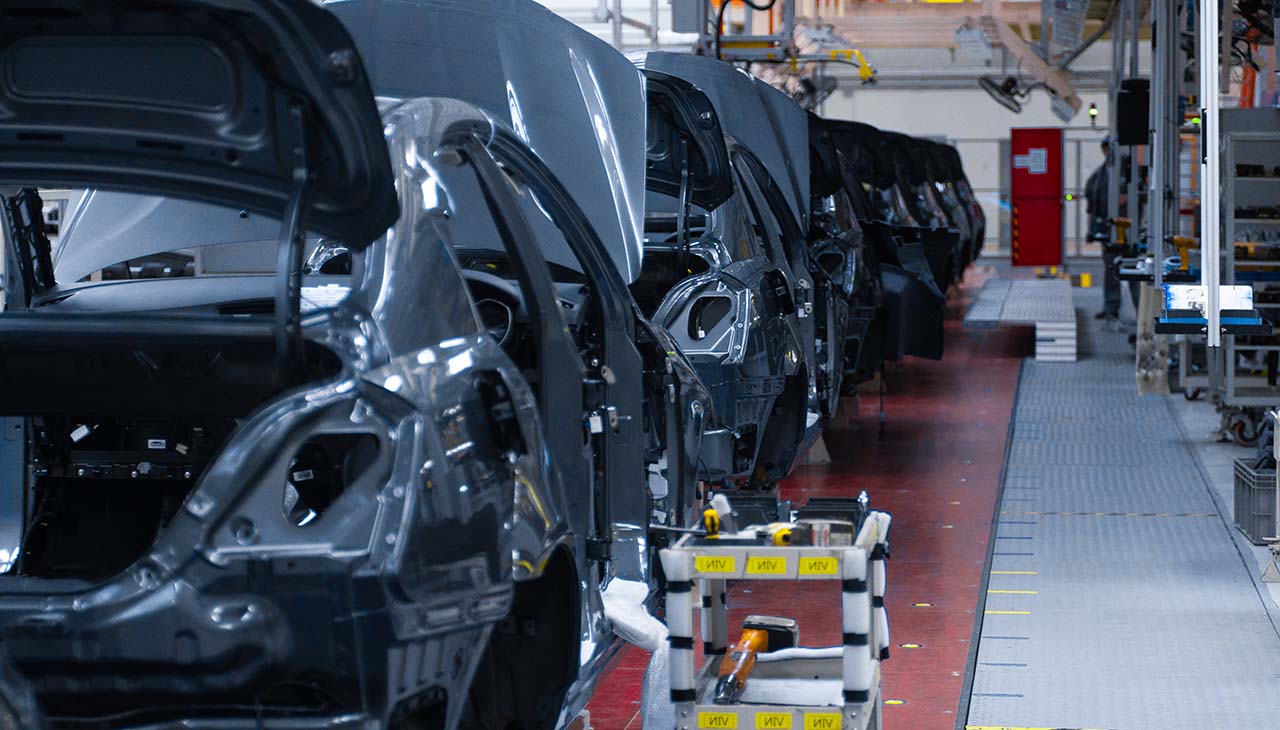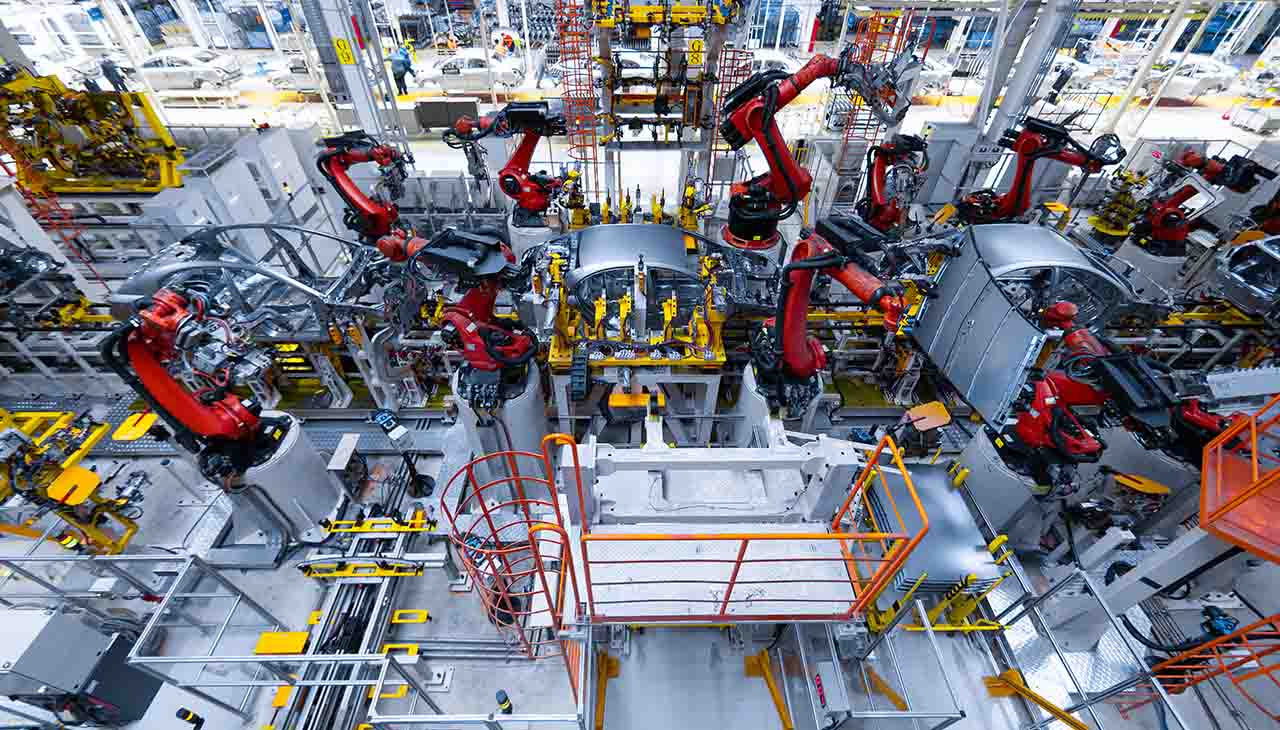The auto industry stands on the cusp of a monumental transformation as it approaches the year 2024. Driven by rapid advancements in technology, environmental pressures, and evolving consumer preferences, the landscape of personal and commercial transportation is poised to change more in the next decade than it has in the last century. This dynamic phase heralds the emergence of electrification, autonomous driving, connectivity, and shared mobility as key trends that will shape the future of the auto industry. As manufacturers and stakeholders gear up to adapt to these changes, understanding these trends and their potential impact is crucial for anyone connected to the automotive sector. This document aims to explore these trends, offering insights into how they might redefine transportation, manufacturing, and the very concept of mobility in the years to come.
Electric Vehicles (EVs)
The growing consumer demand for Electric Vehicles (EVs) is a pivotal trend driving the auto industry towards a more sustainable future. With an increasing awareness of environmental issues and the desire to reduce dependency on fossil fuels, consumers are now more inclined towards vehicles that offer eco-friendly alternatives. This shift in consumer preference is not only pushing manufacturers to innovate and expand their EV offerings but is also influencing government policies worldwide, leading to incentives and regulations that favor electric mobility. Coupled with advancements in battery technology, which promise longer ranges and shorter charging times, and the expansion of charging infrastructure, the stage is set for EVs to become a dominant force in the automotive market. Governments and private enterprises are investing heavily in building extensive charging networks, making it easier for consumers to own and operate EVs. This convergence of consumer demand, technological advancements, and supportive infrastructure is propelling the auto industry into a new era of electric mobility.
Autonomous Vehicles
Autonomous driving technology is another groundbreaking trend that is set to redefine the way we think about transportation and logistics. Significant progress in this field has been made, thanks to advancements in artificial intelligence, machine learning, and sensor technology. These developments promise to increase safety by reducing human error, which is responsible for the majority of traffic accidents. Furthermore, autonomous vehicles (AVs) are expected to revolutionize the logistics industry by streamlining supply chains and reducing delivery times, thereby transforming how goods are transported and distributed.
However, the integration of autonomous vehicles into public roads and logistics networks also presents substantial regulatory challenges. Governments around the world are grappling with how to formulate and implement laws that ensure the safe operation of AVs. Key concerns include liability in the event of an accident, cybersecurity threats, and protecting the privacy of individuals. Additionally, there’s a need for substantial investments in infrastructure to support autonomous driving, such as updating road signs to be machine-readable and enhancing digital connectivity. These regulatory and infrastructural developments need to keep pace with technological advancements to fully realize the potential of autonomous vehicles in transforming transportation and logistics.
Connectivity and Smart Features
The integration of the Internet of Things (IoT) devices into vehicles represents a significant shift towards creating smarter and more interconnected automobiles. These IoT-enabled vehicles harness the power of advanced sensors, software, and connectivity to offer enhanced driver experiences and heightened safety measures. Features such as real-time traffic updates, predictive maintenance alerts, and automatic emergency calling in case of an accident not only make driving more convenient but also significantly safer.
However, this new era of connectivity brings forth pressing concerns regarding data security and privacy. The collection and transmission of vast amounts of data pose potential risks, including unauthorized access and misuse of personal information. Therefore, manufacturers and regulatory bodies are emphasizing the importance of implementing robust cybersecurity measures. This includes encryption protocols, secure data storage solutions, and regular security updates to protect against cyber threats. Addressing these concerns is paramount to maintaining consumer trust and ensuring the safe integration of IoT devices within the auto industry.
Sustainable Practices
Sustainable practices are gaining unprecedented attention within the auto industry as stakeholders recognize the importance of environmental stewardship alongside technological innovation. A significant shift towards sustainable manufacturing processes is underway, with companies overhauling traditional production methods to reduce carbon footprints and conserve resources. This includes the use of eco-friendly materials in vehicle manufacturing, such as recycled steel and plastics, as well as natural fibers, which not only lessen environmental impact but also contribute to vehicle efficiency by reducing weight.
Recycling initiatives are also becoming a critical component of the industry’s push for sustainability. From repurposing old vehicles to recycling batteries from electric vehicles (EVs), these efforts aim to create a circular economy that minimizes waste and encourages the reuse of materials. Such initiatives not only help to preserve natural resources but also reduce the production costs for manufacturers, showcasing a viable path towards environmental and economic sustainability.
Additionally, corporate social responsibility (CSR) within the auto industry is evolving to include environmental considerations as a core element. Companies are increasingly acknowledging their role in global environmental issues and are taking steps to address them. This includes investing in renewable energy for production facilities, adopting zero-emission vehicle technologies, and supporting environmental restoration projects. Through these actions, the auto industry is demonstrating a commitment to sustainability that extends beyond its own operations, aiming to foster a positive impact on the wider community and environment.
Customer Experience and Digital Transformation
In a rapidly evolving auto industry, personalized vehicle customization, the rise of online sales platforms, and the evolution of after-sales service and support significantly enhance the customer experience and signify a considerable shift towards digital transformation. Personalized vehicle customization allows consumers to tailor their vehicles to their preferences, from exterior colors to interior features, using advanced online configurators. This level of personalization enriches the buying process, making it more engaging and satisfactory for customers.
Furthermore, online sales platforms and virtual showrooms are changing the landscape of how cars are purchased. Customers can now explore, customize, and even test drive vehicles virtually from the comfort of their homes. This convenience, combined with detailed online consultations and seamless digital transactions, is setting a new standard for vehicle purchasing, making it more accessible and less time-consuming.
The evolution of after-sales service and support further underscores the industry’s shift towards a more digital and customer-centric approach. With the integration of IoT technologies, vehicles can automatically schedule maintenance visits, provide real-time diagnostics, and even update software remotely. This proactive approach to service and support not only enhances vehicle reliability and performance but also significantly improves the overall customer experience, fostering loyalty and trust in automotive brands.

